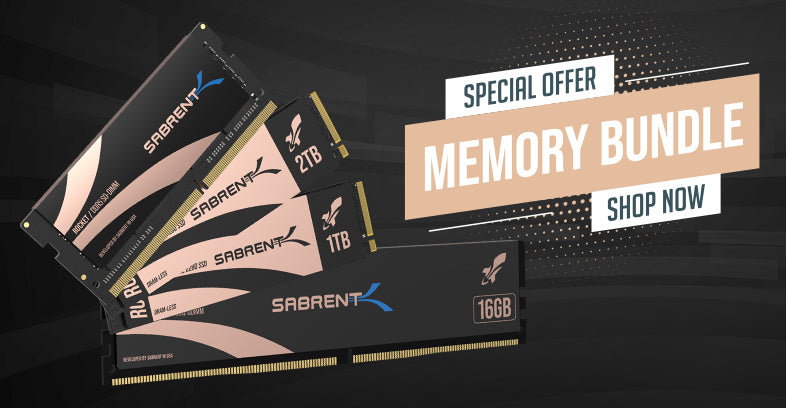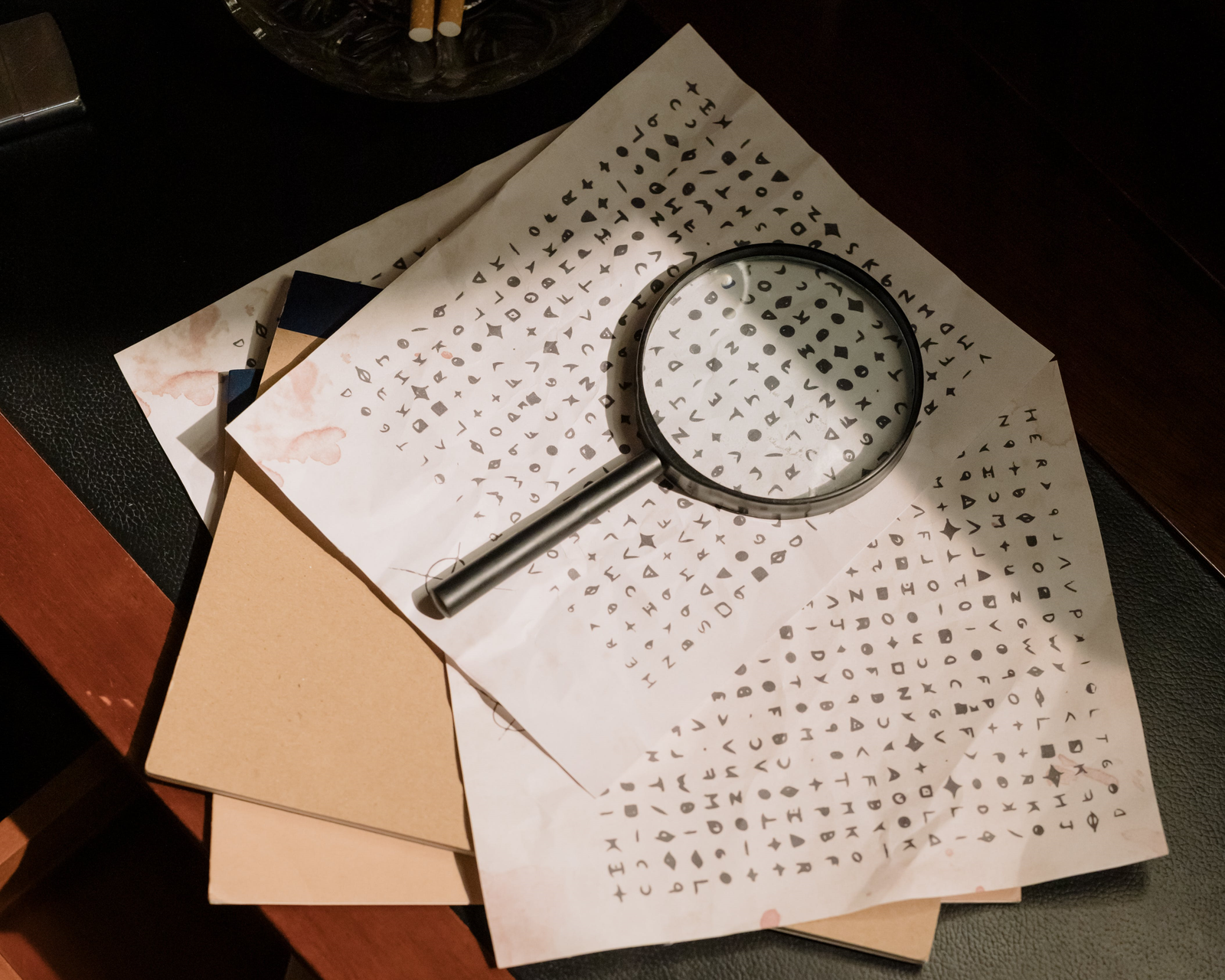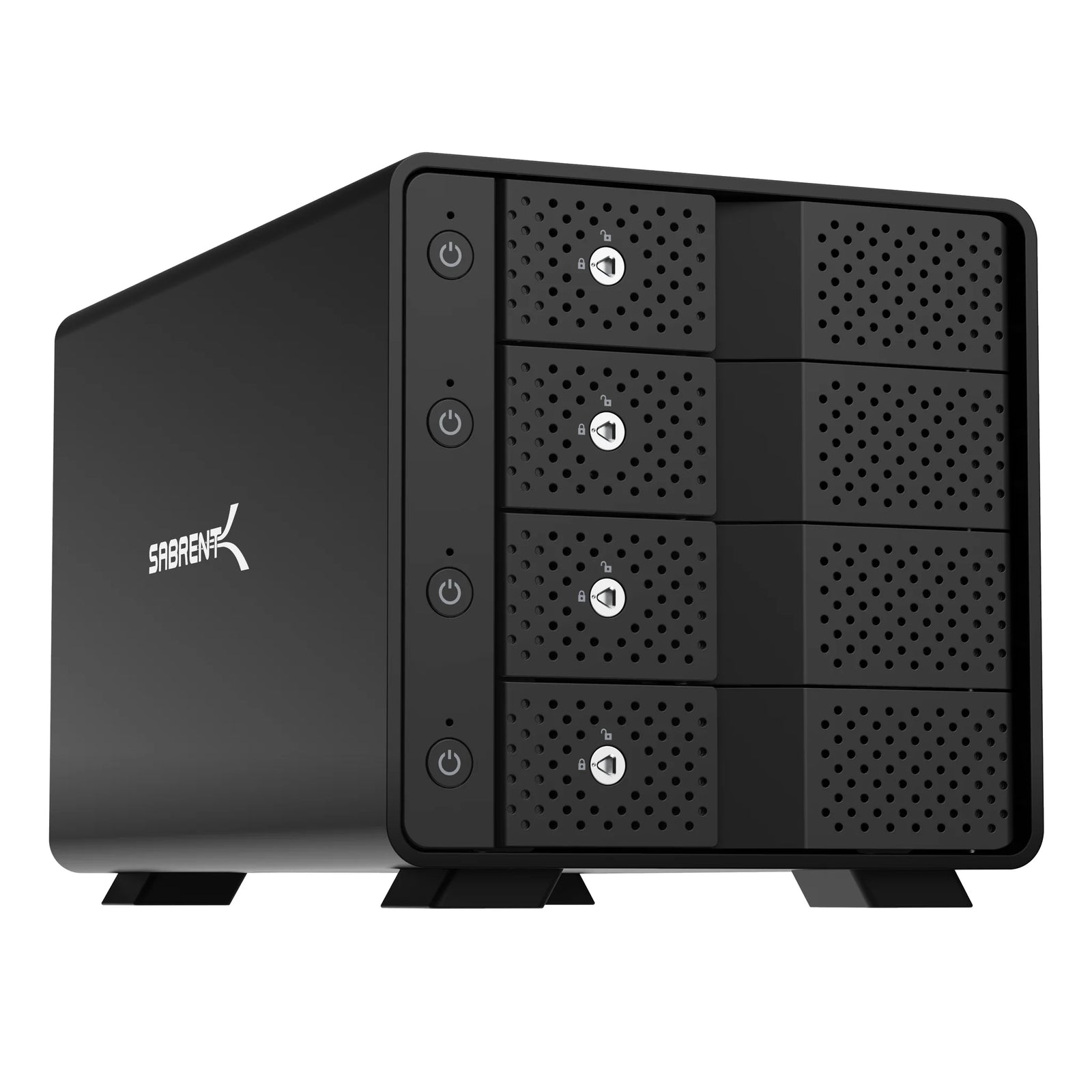Many users are concerned about a drive’s endurance - which is not always an easily-defined term. They will look at the TBW rating and assume that tells them everything, which is not true. SSDs can fail for a number of reasons and the flash wearing out from writes is a minority case, especially with consumer drives. The average person does more reads than writes and far fewer writes than decent flash can withstand. Other causes of drive failures include too many power-loss events, physical damage, environmental stress including temperature and electrostatic discharge, firmware issues, etc.

A broken SSD
Drives have a number of ways to prevent data-based failures. Information flowing between the controller and SRAM, DRAM, flash, and NAND is often protected end-to-end to ensure no bit flips. This includes the metadata, not just user data. The controller can achieve this through error correcting code (ECC) and parity, for example with a low-density parity-check (LDPC). Data is checked in both directions and can be recovered, which ensures data remains intact when traveling between the host and NAND. To ensure data is safe between the host and the drive, you should maintain a stable system with battery backup.

The flash itself also relies on hard- and soft-decoding LDPC which is utilized to rectify bit errors so data can be read and refreshed. Upon ECC failure it is possible to use a RAID-like parity on the flash to restore missing bits. This data is part of the spare area in each flash page, outside of the user data. When a block eventually fails to erase it is retired and replaced by one of the spare blocks allocated during production. Drives will also have some over-provisioned space to improve wear-leveling which ensures blocks do not wear out prematurely.
Our SSDs rely on all of these techniques to ensure your drive doesn’t fail early, often backed by a high TBW rating for peace of mind. We use several types of flash in our products but we take care not to use anything inferior that will fail before its time. We also work with controller manufacturers to ensure our firmware is optimized and up-to-date. If problems arise, we act quickly with updates available on our website and in our software. SSDs, like everything else, will sometimes unexpectedly fail, which is why we back up our hardware with responsive technical support - just in case.
See our storage products here.












